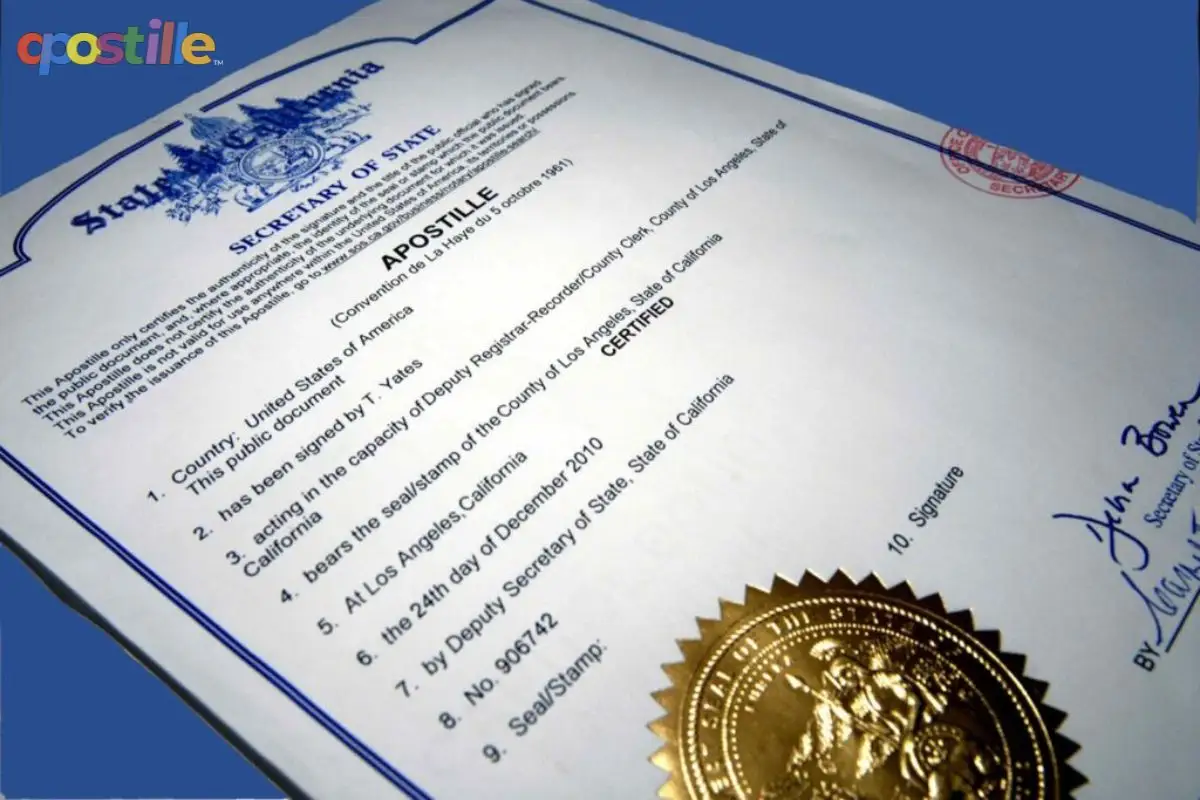Structured Apostille Process in Houston TX
Structured Apostille Process in Houston TX
Blog Article
Digging Into the Factors Behind the Compulsory Requirement of Apostille Certification for Legal Documents
In the world of lawful documents, the obligatory requirement of apostille certification has ended up being an essential aspect that significantly impacts the validity and acknowledgment of lawful papers on a worldwide range. Understanding the reasoning behind this need entails diving into the intricate web of lawful intricacies, historical precedents, and global arrangements that emphasize the value of apostille accreditation in today's interconnected world. By checking out the underlying factors behind this extensive demand, a clearer image arises of why this apparently administrative procedure holds such tremendous value for governments, organizations, and individuals alike.
Historic Development of Apostille Certification
How did the idea of apostille qualification develop over time to come to be a vital component of international file recognition? The demand for a simplified technique of validating records for use across borders ended up being noticeable as international trade and travel raised.
At first embraced by a few European nations, the Apostille Convention slowly got international acceptance due to its effectiveness and efficiency in validating the authenticity of main documents. Over the years, the convention's reach broadened as more countries signed up with, acknowledging the apostille as an universally accepted form of document authentication. Today, apostille certification has become a common demand for verifying legal papers in international transactions, guaranteeing smooth communication and legal process in between countries.
Simplifying International Record Legalization
The streamlining of global document legalisation treatments has substantially boosted efficiency in cross-border deals. Simplifying the process of legislating documents for international usage has actually become critical in promoting swift and seamless deals in between nations. One of the essential systems that have actually contributed to this simplification is the adoption of the Apostille Convention, which provides a standard technique for validating the authenticity of records throughout taking part countries.
By sticking to the Apostille needs, nations accept recognize each other's public files as valid without the demand for further legalisation. This gets rid of the often troublesome and lengthy process of multiple authentications by different authorities, saving time and resources for people and businesses taken part in international tasks.

Making Certain Paper Authenticity and Validity
To make sure the credibility and credibility of lawful records in worldwide purchases, strict confirmation procedures are crucial. By requiring apostille accreditation for lawful papers, authorities aim to authenticate the origin of records and verify the signatures of people involved.
Moreover, verifying the credibility of lawful papers with apostille certification enhances trust fund and self-confidence among celebrations engaging in global purchases. Eventually, by maintaining stringent verification criteria, apostille qualification adds to a more transparent and safe and secure international lawful structure.

Helping With Cross-Border Legal Recognition
In the world of global purchases, the apostille accreditation not only guarantees the credibility and legitimacy of lawful files but additionally plays an essential function in helping with cross-border legal acknowledgment (Houston Apostille). When legal papers birth an apostille certificate, they are readily approved by foreign authorities without the need for more confirmation. This structured procedure speeds up the recognition of documents in various countries, advertising effectiveness and decreasing bureaucratic difficulties in legal matters that go beyond national borders
Promoting cross-border legal acknowledgment via apostille certification promotes trust fund and self-confidence in the authenticity of files traded in between countries. By adhering to the requirements established forth by the Apostille Convention, countries concur to recognize the apostille seals affixed to files from other member countries, therefore streamlining the procedure of lawful acknowledgment throughout boundaries.
Conformity With International Treaty Standards
Conformity with worldwide treaty standards is vital for guaranteeing the consistent application of lawful regulations across participating countries. The Apostille Convention, developed in 1961, describes the requirements Full Report for the approval of public files among participant nations.
The Apostille accreditation, as mandated by the treaty, works as a warranty of authenticity for documents such as birth certifications, marriage licenses, index court judgments, and notarized acts. This standard technique helps protect against scams and guarantees that lawful papers stemming from one member nation are easily accepted in another. Moreover, by following international treaty criteria, nations show their commitment to promoting the principles of openness, depend on, and collaboration in lawful matters on an international scale.
Conclusion

In the realm of legal paperwork, the obligatory demand of apostille qualification has become a necessary facet that considerably influences the legitimacy and recognition of legal papers on a worldwide scale. Today, apostille accreditation has actually come to be a standard demand for validating lawful papers in international transactions, making sure smooth interaction and lawful process in between countries.
Additionally, validating the credibility of lawful records via apostille qualification boosts trust fund and self-confidence amongst events involving in worldwide purchases.In the world of worldwide deals, browse this site the apostille certification not only ensures the authenticity and legitimacy of lawful papers but likewise plays an essential function in assisting in cross-border legal recognition. By adhering to the criteria established forth by the Apostille Convention, countries agree to honor the apostille seals affixed to documents from various other participant countries, thus streamlining the procedure of legal recognition throughout borders.
Report this page